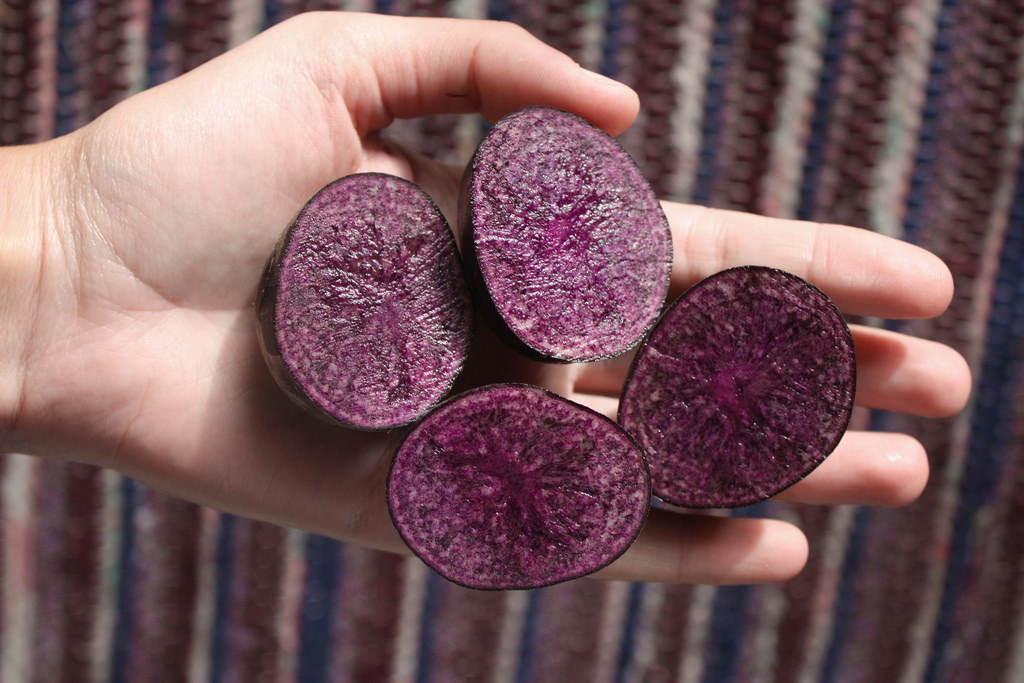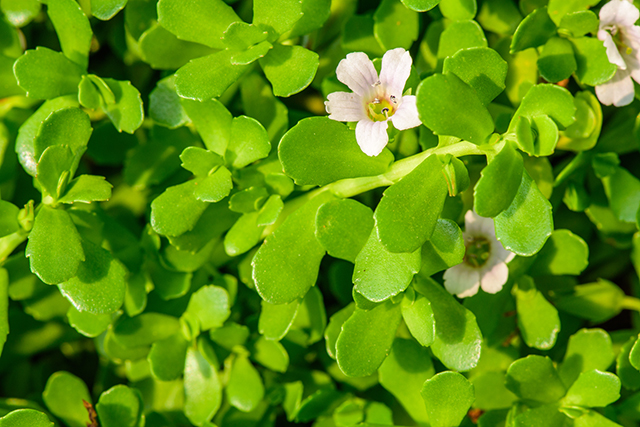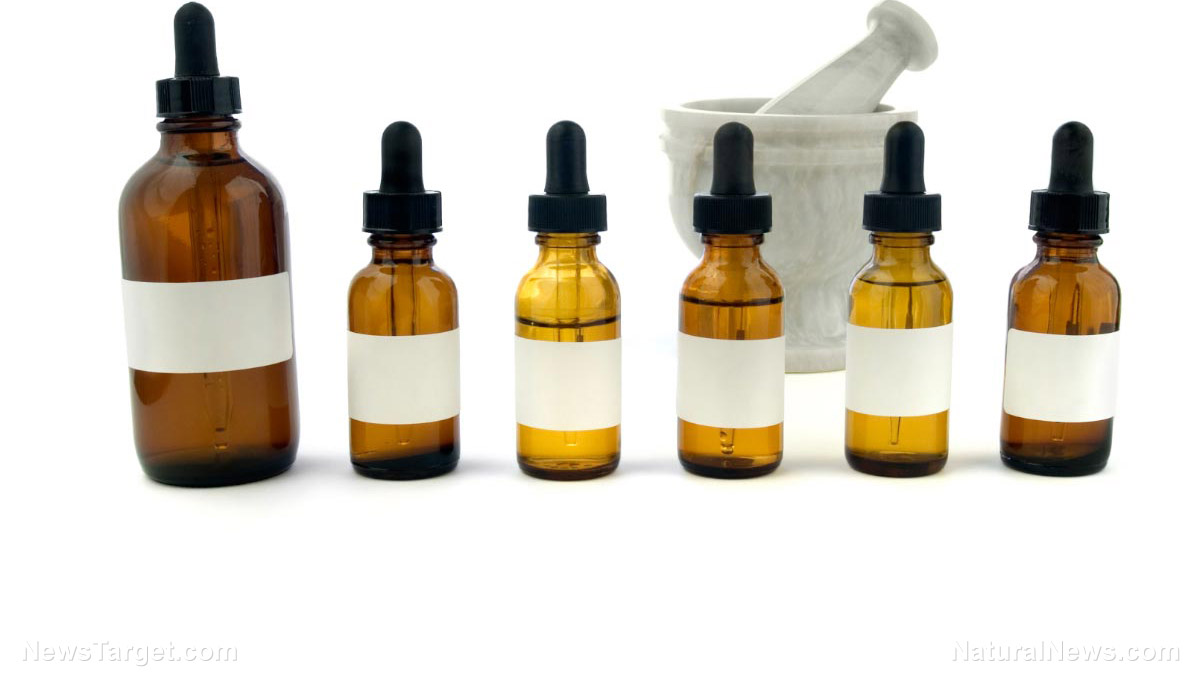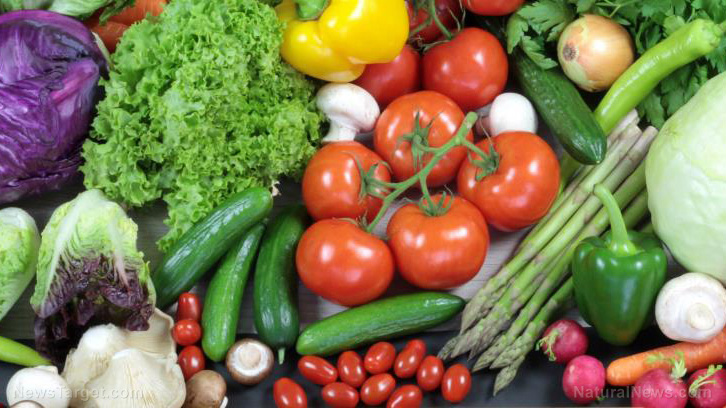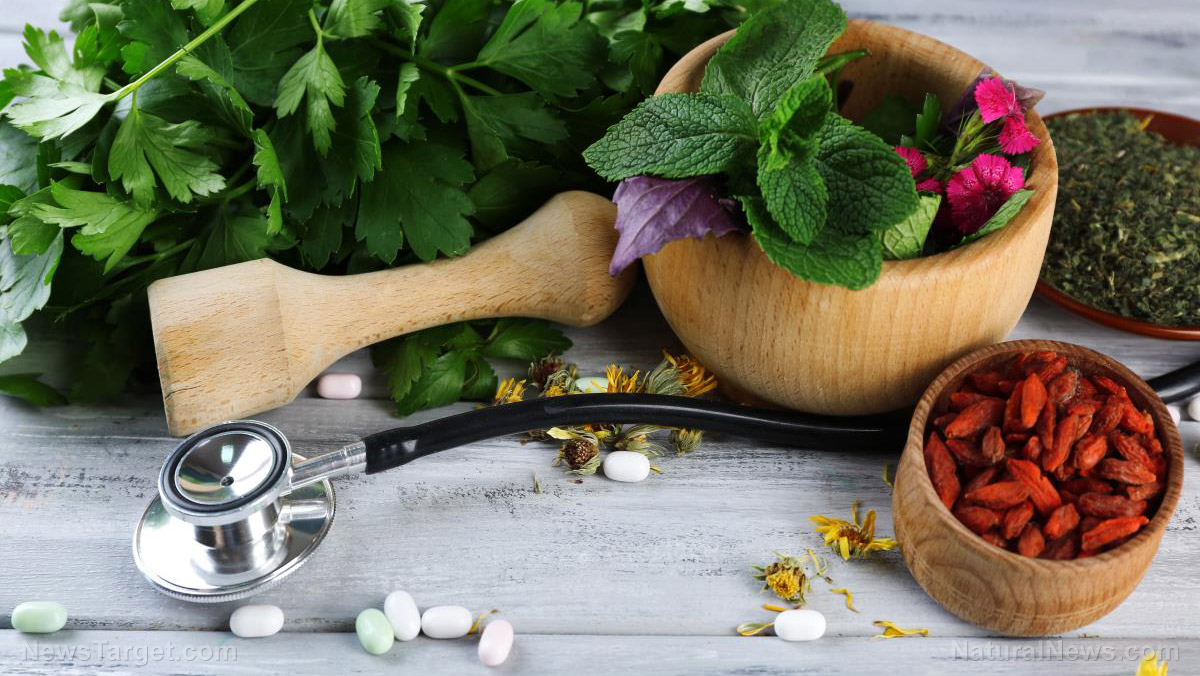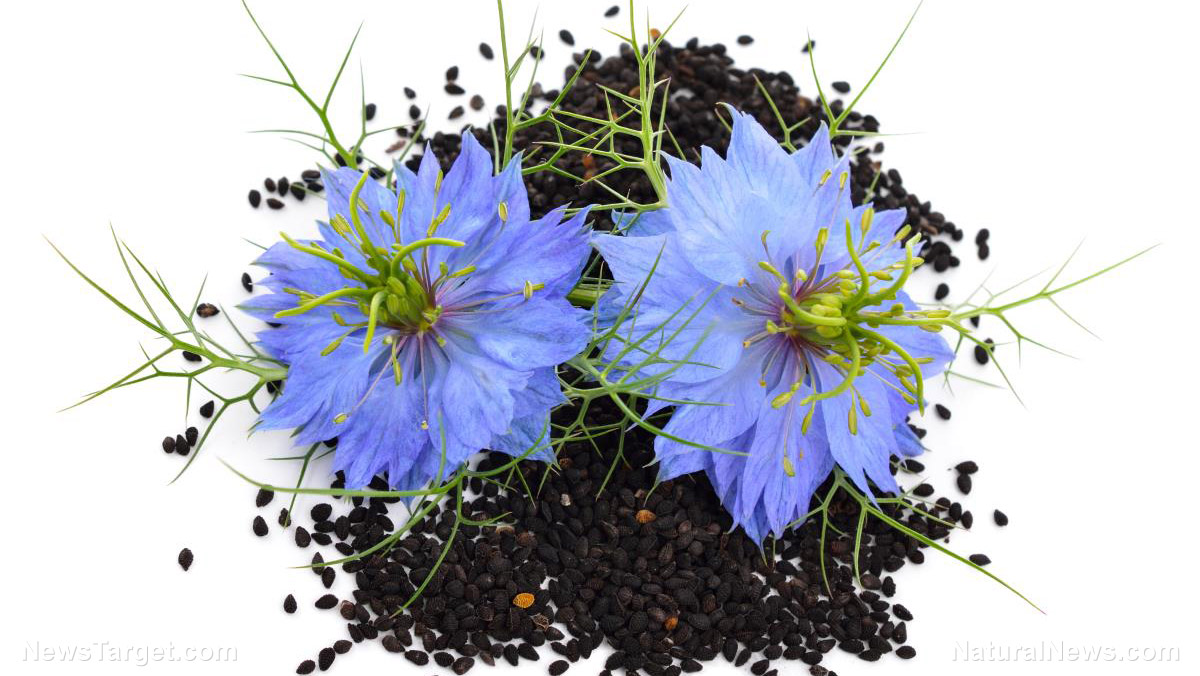The frequent consumption of purple potatoes can decrease the risk of colon cancer, claim the researchers of a compelling new study. According to the DailyMail.co.uk, the researchers came to this conclusion after they gave pigs a high-calorie diet that included purple potatoes. In doing so they found that the levels of a detrimental, pro-inflammatory protein declined considerably.
“What we are learning is food is a double-edge sword – it may promote disease, but it may also help prevent chronic diseases, like colon cancer,” said Jairam K.P. Vanamala, study co-author and professor of food sciences at Pennsylvania State University in State College.”What we don’t know is, ‘how does this food work on the molecular level?’ This study is a step in that direction.”
For their study, Vanamala and his colleagues utilized pigs, which are notable for having digestive systems similar to ours. These pigs were then fed three different diets for 13 weeks: a standard diet with five percent fat (or the control diet), a high-calorie diet composed of 17 percent added dry fat and three to four percent endogenous fat, and a high-calorie diet with both raw and uncooked purple potatoes.
After 13 weeks passed, the researchers analyzed the animals’ colonic tissues to determine the effects of their diets. Compared to the pigs who had been placed on the standard diet, the pigs on the high-calorie diet showed increased levels of interleukin-6 (IL-6), an endogenous chemical suspected to increase the risk for chronic diseases such as diabetes and colon cancer. By contrast, the pigs who had been supplemented with purple potatoes had IL-6 levels six times lower than the pigs belonging to the control group. Moreover, these benefits were observed in uncooked and baked purple potatoes.
Vanamala and his colleagues stated that the positive impact was most likely due to the nutritional content present in whole foods like purple potatoes. Not only do these foods contain macronutrients like proteins, but micronutrients and phytonutrients such as carotenoids and flavonoids too. Vanamala suggested that the abundance of bioactive compounds like phenolic acids and anthocyanins may have altered the IL-6 pathway and decreased the pigs’ susceptibility to colon cancer.
“For example, white potatoes may have helpful compounds, but the purple potatoes have much greater concentrations of these anti-inflammatory, antioxidant compounds,” Vanamala explained. (Related: Reduce the risk of lung and bowel cancer 40% by eating raw, pulverized garlic daily.)
He further added that these dietary changes showed identical beneficial results in mice, implicating that purple potatoes and other similarly colorful vegetables and fruits could hold the key to preventing colon cancer. “Instead of promoting a pill, we can promote fruits and vegetables that are very rich in anti inflammatory compounds to counter the growing problem of chronic disease,” Vanamala said.
The benefits of anthocyanins
In addition to lending purple potatoes their unmistakable hue, anthocyanins are responsible for their health-promoting qualities as well. These flavonoids have been shown to possess robust anti-carcinogenic and anti-toxic effects that can protect the body from cancer through various mechanisms. A 2008 paper by Ohio State University researchers Li-Shu Wang and Gary D. Stoner detailed them as such:
- Athocyanins neutralize and eliminate free radicals, as well as boost the free radical-absorbing capabilities inherent in cells.
- Anthocyanins can prevent cancer cells from growing and spreading without affecting normal cells.
- Anthocyanins can hinder angiogenesis, a process wherein new capillary blood cells develop in the vascular network. Angiogenesis has been linked to tumor growth and metastasis.
- Anthocyanins encourage the production of glutathione-related enzymes like the potent antioxidant glutathione reductase.
Where to get anthocyanins
Anthocyanins are especially abundant in brilliantly-colored foods. Cherries, blackberries, black beans, red cabbage, red-fleshed peaches, and, of course, purple potatoes are all excellent sources of these incredibly beneficial compounds. The darker the better, so always pick the vegetables and fruits with the most striking hues.
To read up on the anti-carcinogenic properties of different foods, simply go to CancerSolutions.news today.
Sources include:
DailyMail.co.uk
ScienceDirect.com
NCBI.NLM.NIH.gov

